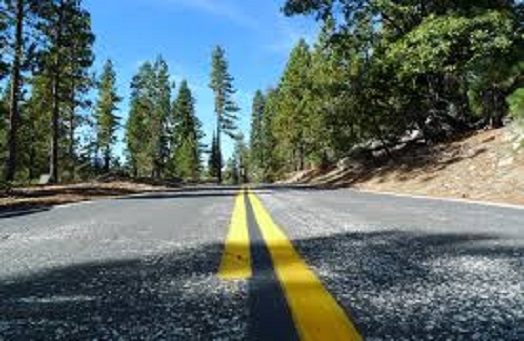This site uses cookies to ensure you get the best experience. Learn more.
Toggle Nav

Remember the time when watching TV could only be done live? We had two terrestrial channels and if you missed a programme, that was it – you were excluded.
Then came video cassette recorders in a wide variety of formats BETAMAX, V2000, VHS until one dominant system gained favour (and arguably not the best one either) just in time to be superseded by Satellite TV, Hard drive recording and video on demand. TV can be seen on OLED Wide screen panels, Laptops, tablets and phones to the extent people now question the need for programming at all. We do not need anyone to schedule our TV for us with traditional programming, we do it ourselves. It’s taken 40 years from two channels to almost TV’s redundancy in the format we know.
Consider the motor car: in the 70’s there was 2 star and 4 star petrol and derv for trucks. Towards the end of the 80’s 4 star went the way of Betamax cassettes, and our cars ran on Unleaded, Super Unleaded and Diesel and a very few by the 1990s were being powered by LPG. Today we have different car manufacturers pulling in all manner of different directions as if in an attempt to hedge their bets as to which technology will rise to prominence.
From Hybrid, where a fossil fuel engine is used to help power the batteries to run the vehicle at low speed, Hydrogen Fuel Cell, to totally battery powered cars and lots of other initiatives in between; we stand on the edge of the revolution for the next generation of powering personal transport. The technologies being employed towards ever improving efficiencies of fossil-fuelled engines will ensure the petrol filling stations will be around for a good while yet. While inner city living may prove that the relatively short distances required of the battery electric car are no hindrance; think of the poor chap in Cardiff who after buying a new electric car manages less than 20 miles per charge as he lives at the top of a huge hill.
Cars packed with the equivalent of 1600 laptop batteries have a severe weight penalty against 40 ltrs of unleaded. Fuel economies over 70 mpg were unimaginable just a few years ago and now 70 mpg seems to be the bench point for personal vehicles. Even diesel engines are cleaning up their act. The addition of ADBLUE systems, once the preserve of HGVs, into quite standard diesel engine cars dramatically reduces the harmful NOx pollutants entering the atmosphere.
One thing is certain, the industry is in a state of flux – much research and R&D is being carried out into the future of personal motoring and we will soon look back and recall with some fondness… “do you remember when we had all of those different ways to power a car until they came up with…” ???